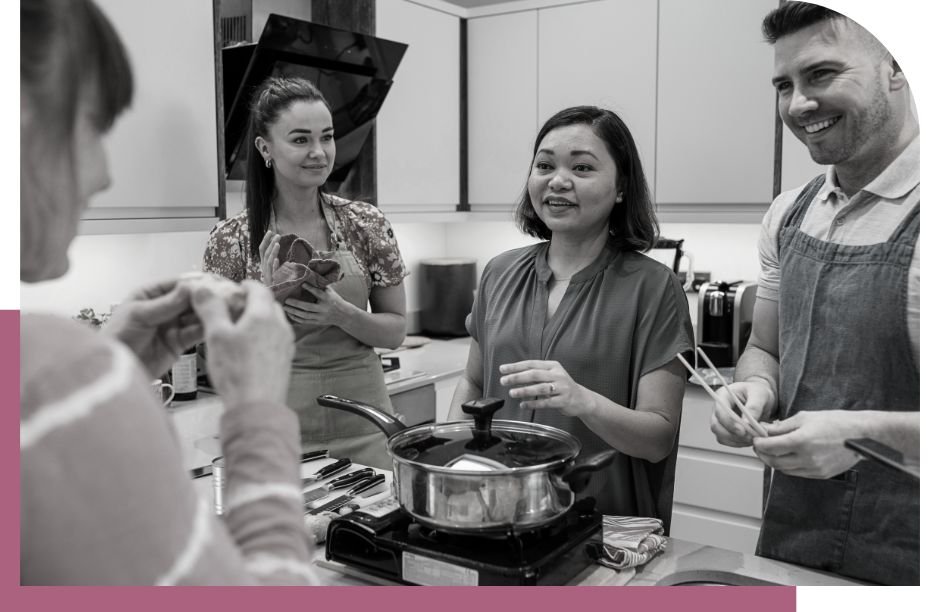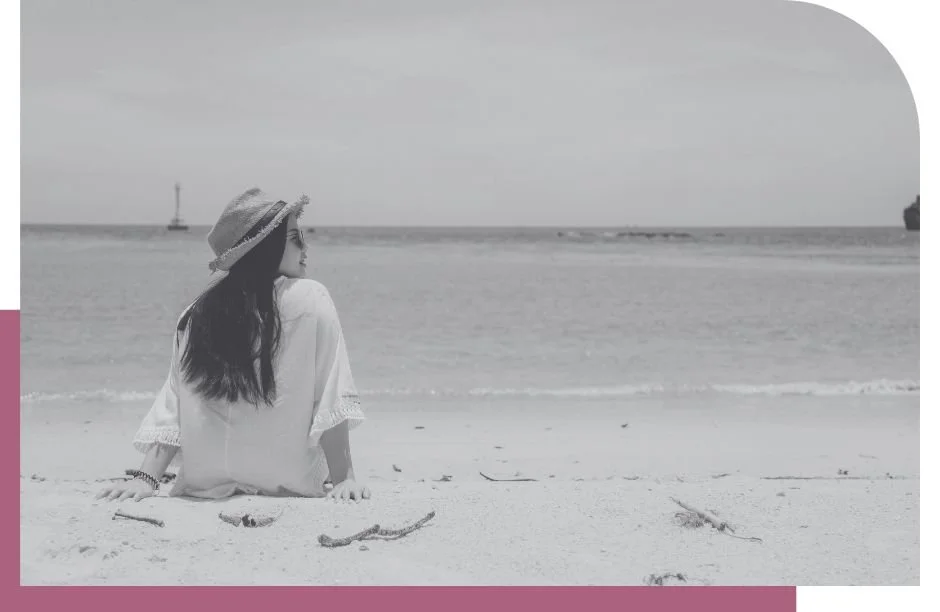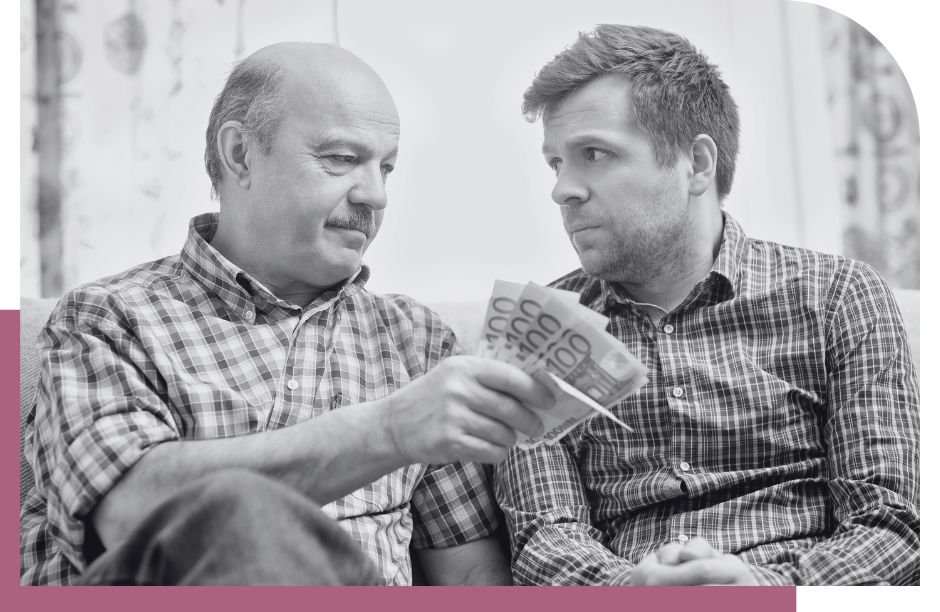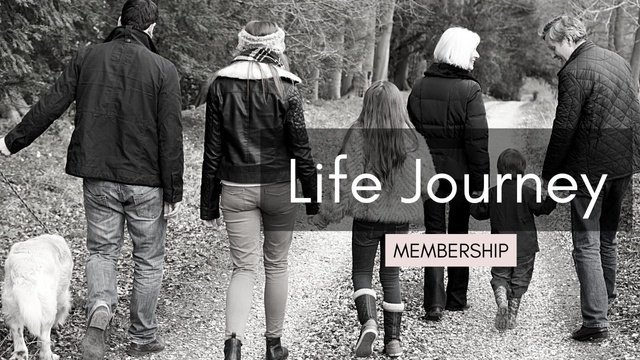Analyzing With Care—Unpacking Critical Thinking Skills While Surfing The Web
The internet is a powerful resource
It can be an invaluable source of information, entertainment, and communication. However, navigating the web can also be dangerous if one isn’t careful to practice critical thinking skills.
Whether we’re browsing the web or engaging in conversations online, critical thinking is an essential skill. What does this mean? Well, it’s about being open-minded and being willing to question what you read or hear before making any decisions. That means taking the time to ask questions like:
Is this source credible?
Is the information current?
Are there multiple perspectives I should consider before taking any action?
By exercising critical thinking skills, you can avoid becoming a victim of false information or manipulation. You can also make sure that you're not unwittingly contributing to harmful rhetoric or cyberbullying by considering potential consequences before sharing something online. In this way, critical thinking empowers you to make informed choices and navigate the digital world more effectively.
For example, watching a documentary can be an incredibly informative and inspiring experience, but it's also important to think critically while doing so.
Let’s say you're watching a documentary about climate change. Instead of simply believing everything that's being said, it's worth considering the filmmaker's bias and the sources that are being used. Are any of the arguments based on hard scientific evidence? Is there an agenda that the filmmakers might have? Take time to ask yourself questions like these before forming your own opinion on the subject.
By exercising critical thinking skills, you can ensure you're making informed decisions based on accurate information and understanding of all perspectives involved--which will help you make better, more informed choices in everyday life.
Read this newspaper clipping
What would you think if you came across this news article while browsing on Facebook?
I know the story isn't true. I know this, not because I fact-checked it, but because I made it up and created the image to make it look like a newspaper article. If I was trying to create panic or spread misinformation, I could easily post this fake article on social media and sit back and watch people spread it around and take it as "fact."
This is why it's so important to practice critical thinking skills in the digital world. Before believing or sharing anything online, question its accuracy and validity. Make sure to read through the entire article and check all of the sources cited. Reading a variety of reliable news sources can also help you to get a clearer understanding of the issue at hand.
Looking for reliable information on the internet can sometimes feel like a needle in a haystack. With so many sources, it's important to know how to fact-check articles and make sure you’re accessing trustworthy, accurate information.
How to fact-check
Here are some basic steps that you can use to ensure you're getting the facts straight:
Start with reputable sources: Make sure the website you’re accessing is reliable. Some popular online resources include government websites, established news outlets, and educational institutions with valid credentials.
Look for references or citations: Good content will include references or citations that back up any claims made in the text. Use the links provided to double-check the sources mentioned in the article and verify whether or not they are credible.
Cross-reference information: If possible, look for other articles from different sources that confirm the facts stated in the original article you found. Seeing multiple pieces of evidence from various places will help verify whether or not what’s being said is true.
Look out for bias: Articles from media outlets may be biased due to their organizational affiliations or editorial slants, so pay attention to any language used which may be an opinion rather than fact-based reporting (e.g., phrases such as “some people say…”).
Seek out multiple perspectives: Don’t just settle on one point of view; explore different sides of an issue to get a more complete understanding.
Start with reputable sources: Make sure the website you’re accessing is reliable. Some popular online resources include government websites, established news outlets, and educational institutions with valid credentials.
Critical thinking is an invaluable tool in the digital age
By equipping yourself with the skills to fact-check articles, recognize bias, and look for multiple perspectives on a given issue, you can ensure that your decisions are based on reliable information rather than false information or manipulation. The steps outlined above should help you think critically about online content so that you can make informed choices when navigating the web. It's important to remember that critical thinking isn't just something reserved for academics--it's a skill all of us need if we're going to be responsible citizens of the internet.
Have you started envisioning your best life but need support to make it happen? The Life Journey Membership is your key to ongoing growth and fulfillment. Gain exclusive access to a growing library of resources tailored to enhance every area of your life—or as we like to call them, journeys. From challenges that motivate you to mini-courses that enlighten, along with practical templates, workbooks, and eBooks, this membership is designed to support you as you craft your dream life.



























Discover the six common barriers that may be holding you back from achieving financial wellness and learn practical tips to overcome each challenge. Whether you're overwhelmed by the complexity of financial planning or procrastinating on money matters, this guide is your first step towards a more secure and prosperous financial future.